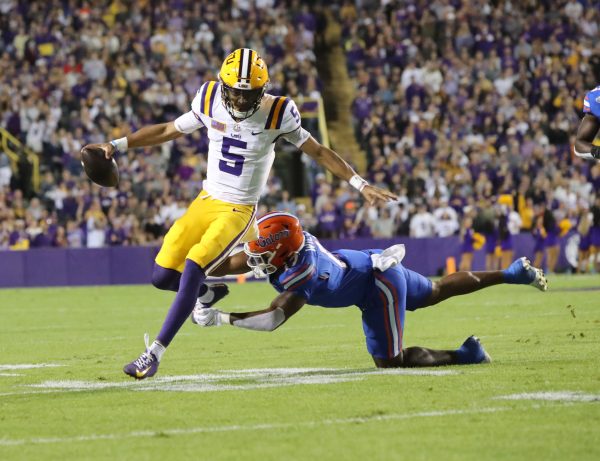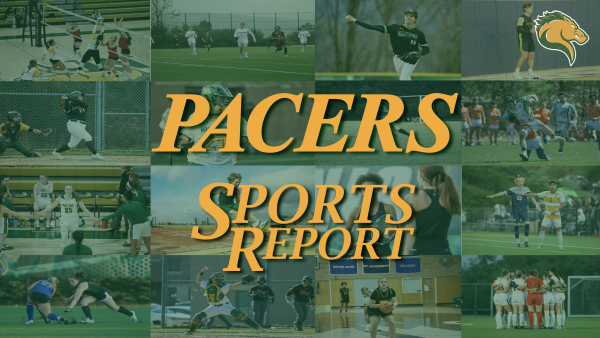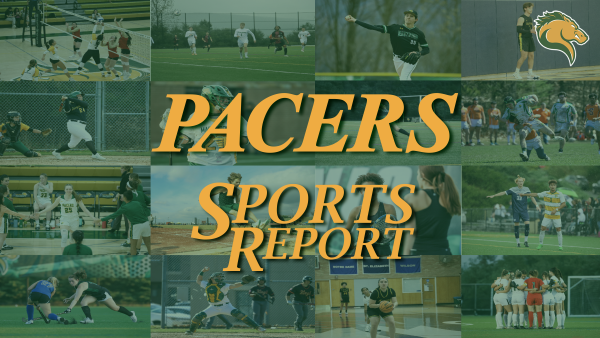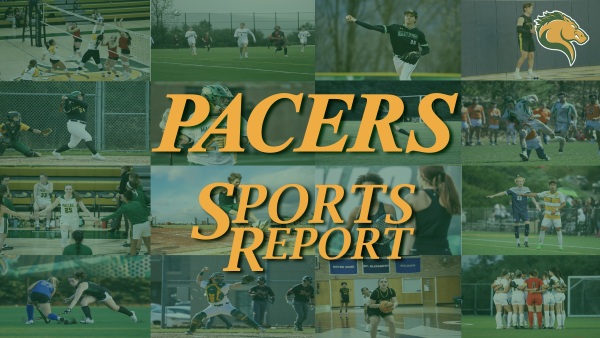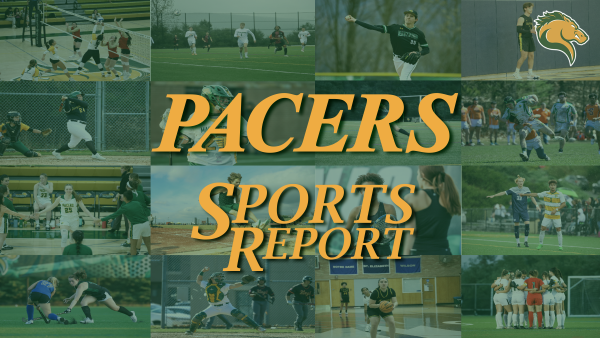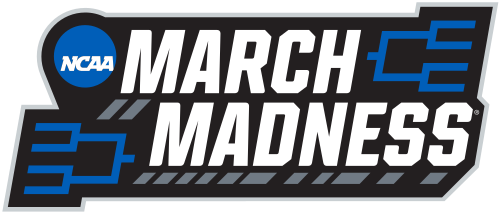College football players: Student-athletes or university employees?
March 17, 2014
A group of Northwestern football players, led by quarterback Kain Colter, filed a petition at the end of January with the National Labor Relations Board (NLRB) in Chicago. The petition asks the NLRB to recognize college athletes as university employees, which would form the first union for college athletes in U.S. history.Tuesday, Feb. 25, marked the end of the week-long hearing before an officer of the NLRB. The football team is trying to be recognized as a union in an effort to gain new rights. These new rights include financial coverage for sports-related medical expenses and a fair trial before a coach could strip a player of his scholarship for a rules violation.The main argument between the Northwestern football players and Northwestern University officials trying to stop the team from unionizing is which comes first: football or academics?The players want to be considered employees of the university because of the harsh demands placed upon the student athletes. During the hearing, Colter stated “training camp before the season requires 50 to 60 hours per week and 14-hour days, on occasion. The in-season commitment is 40 to 50 hours each week.”
Colter also admitted to dropping his pre-med courses, and his dream of becoming an orthopedic surgeon, for a less-demanding major in order to focus primarily on football.
The student-athletes receive compensation in the form of an athletic scholarship, valued by Northwestern at $76,000 per year. The scholarship can be revoked year to year in some cases, argued Colter, “so there is a quid pro quo to deliver on the football field.”
Northwestern University is sticking by their original stance that student-athletes are students before they are athletes. In a statement released by Northwestern University, Jim Phillips, Northwestern’s director of athletics, said “Northwestern believes that our student-athletes are not employees and collective bargaining is therefore not the appropriate method to address these concerns. However, we agree that the health and academic issues being raised by our student-athletes and others are important ones that deserve further consideration.”
Dr. Mary Jo Gunning, director of athletics and recreation at Marywood University, is siding with the Northwestern University philosophy and is adamantly opposed to student-athletes unionizing.
“I’m a strong believer in why they’re called student-athletes. They are students first and athletes second. Being an athlete in a collegiate setting is a privilege, not a given,” she said.
Gunning also stressed the importance of ownership on behalf of the institution. “We must remember as administrators the priority is the student-athlete and helping the student-athlete to maintain a balance between academics, athletics, and a social life,” said Gunning.
Scott Dalgliesh, head men’s lacrosse coach, had mixed feelings about student-athletes looking to unionize.
“On the one hand, many student-athletes are bringing schools profits because of their athletic performances. On the other hand, the fact they don’t get paid keeps athletics a little more pure,” Dalgliesh said.
The testimony from Northwestern will be forwarded to the regional director of the NLRB, who is expected to rule within 30 days.





